Dir: John McTiernan. US. 2002. 100mins.
Delayed from last summer and re-edited to better appeal to the youth market, John McTiernan's remake of 1970s cult favourite Rollerball finally arrives on screen as a confused and none too thrilling blur of tenuously linked action sequences. The videogame-style violence, flashy cars, semi-naked chicks and pop star cameos may produce an initial response from male teens (originally designed as an R, the film has been recut for a PG-13 rating in the US); but finding an audience beyond that group will be a tough task for domestic distributor MGM: the film took $10.9m from 2,762 sites during its first week, an average of $3,945 per screen. A smattering of international elements might provide a little added appeal overseas, where Columbia TriStar is releasing the film in all but a trio of major territories.
While Norman Jewison's 1975 original was set in an Orwellian near-future US, the remake is set in contemporary Central Asia. The 'sports entertainment' of Rollerball - in which unisex, multi-national teams of skaters and motorbike riders viciously slug it out for possession of a speeding metal ball - has become an instant hit in the tough mining nation of Kazakhstan. Promised a big cheque and a good time by his friend Marcus (LL Cool J), thrill-seeking ice hockey protege Jonathan (Klein, last seen in American Pie 2) leaves San Francisco to join the franchise and quickly becomes a star. Things start to turn sour, however, when Jonathan and Marcus realise that Rollerball impresario Petrovich (Reno) will go to any lengths to satisfy the blood-lust of the game's fast-growing worldwide TV audience.
Much of the film's energy (and probably the biggest chunk of its reported $60m budget) goes into the depiction of a handful of Rollerball matches and the creation of the Tower of Babel atmosphere that surrounds the on-rink action. Imaginative design work - the players are costumed more like tribes than teams - and fast-cut editing give the sequences a brief charge and the game action itself is exciting enough the first time around. Subsequent matches, though, repeat the formula to decreasing effect and other action sequences are hit or miss: a pre-credit luge ride through the streets of San Francisco is effectively dizzying but a long chase sequence shot as if through nightvision cameras - as Jonathan and Marcus attempt to flee Petrovich's goons - degenerates into a confusing mess.
In between the action sequences, Rollerball lurches through its dramatic scenes with an almost embarrassed haste. The stilted dialogue receives wooden delivery and minor plot threads and characters appear and disappear with little justification. Most damagingly (and perhaps because of the re-editing), the storyrushes through its major turning points, providing only the skimpiest motivation for the action that transpires.
The problems are compounded by miscasting. Klein's youth and boyish good looks are never convincing in his role (though the script explains away his slender physique) and Romijn-Stamos (X-Men) fails to deliver the necessary allure as Aurora, Jonathan's sexy teammate and secret lover Aurora. Meanwhile Reno, the villain of the piece, is too over the top to be truly menacing.
Prod cos: Helkon/Toho-Towa, Mosaic Media Group, Metro-Goldwyn-Mayer Pictures
US dist: MGM
Int'l dist: Columbia TriStar (exc Ger, It, Jap)
Prods: Charles Roven, Beau St Clair, John McTiernan
Exec prod: Michael Tadross
Scr: Larry Ferguson, John Pogue, based on the short story and screenplay by William Harrison
Cinematography: Steve Mason
Prod des: Norman Garwood, Dennis Bradford
Ed: John Wright
Music: Eric Serra
Main cast: Chris Klein, Jean Reno, LL Cool J, Rebecca Romijn-Stamos, Naveen Andrews




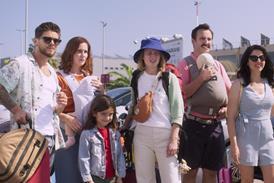
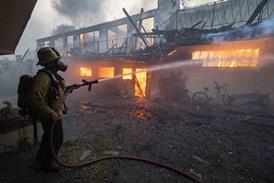
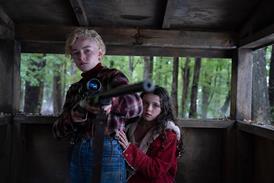
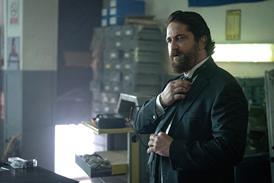


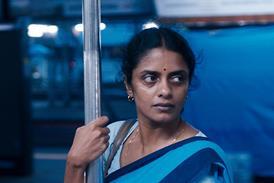

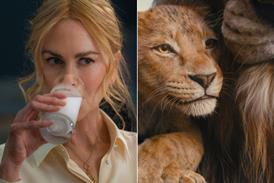
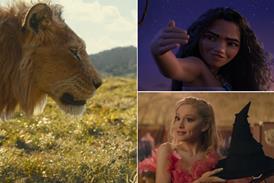
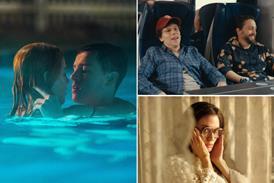
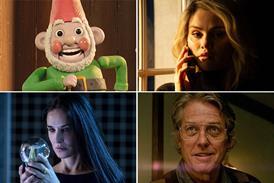

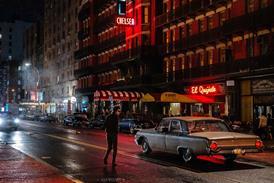

No comments yet